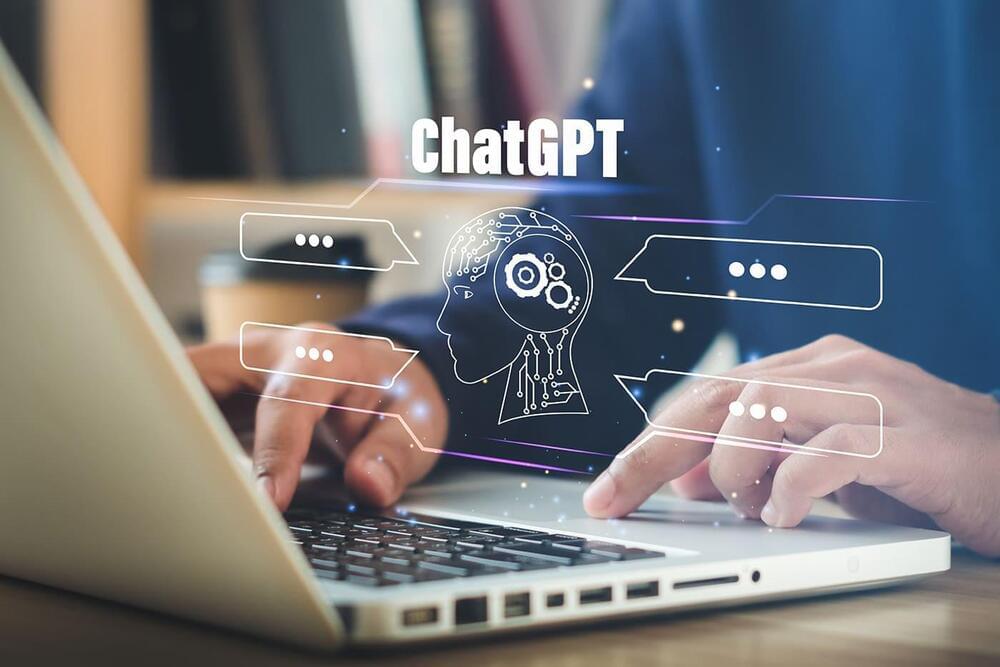If your work involves analyzing and reporting on data, then it’s understandable that you might feel a bit concerned by the rapid advances being made by artificial intelligence (AI). In particular, the viral ChatGPT app has captured the imagination of the general public in recent months, acting as a powerful demonstration of what AI is already capable of. For some, it may also seem like a warning about what might be in store for the future.
Undoubtedly, one of the strengths of AI is its ability to make sense of large amounts of data – searching out patterns and putting it into reports, documents, and formats that humans can easily understand. This is the day-to-day “bread and butter” of data analysts as well as many other knowledge economy professionals whose work involves working with data and analytics.
It’s true that artificial intelligence – a term that generally, in business and industry, refers to machine learning – has been used for years in these fields. What ChatGPT and similar tools built on large language models (LLM) and natural language processing (NLP) bring to the table is that it can be easily and effectively used by anybody. If a CEO can simply say to a computer, “what do I need to do to improve customer satisfaction?” or “how can I make more sales?” do they need to worry about hiring, training, and maintaining an expensive analytics team to answer those questions?
Well, fortunately, the answer probably, is yes. In fact, as AI becomes more accessible and mainstream, that team may well become even more critical to the business than it already is. What is beyond doubt, though, is that their jobs will substantially change. So, here’s my rundown of how this technology may affect the field of data and analytics as it becomes mainstream in the near future.
Firstly, what are ChatGPT, LLMs, and NLP?
ChatGPT is a publicly-available conversational (or chatbot) interface powered by a LLM called GPT-3, developed by the research institute OpenAI. The LLM (Large Language Model) is part of a field of machine learning known as natural language processing, which essentially means that it enables us to talk to machines, and for them to reply to us in “natural” (i.e., human) languages. In short, this means that we can ask it a question in English, or in fact, one of almost 100 languages. It can also read, understand and generate computer code in a number of popular programming languages, including Python, Javascript, and C++. We’ve gotten used to interacting with NLP technology for some time now thanks largely to AI assistants like Alexa and Siri, but the LLM powering GPT-3 and ChatGPT is orders of magnitude larger, enabling it to understand far more complex inputs and provide far more sophisticated outputs.
